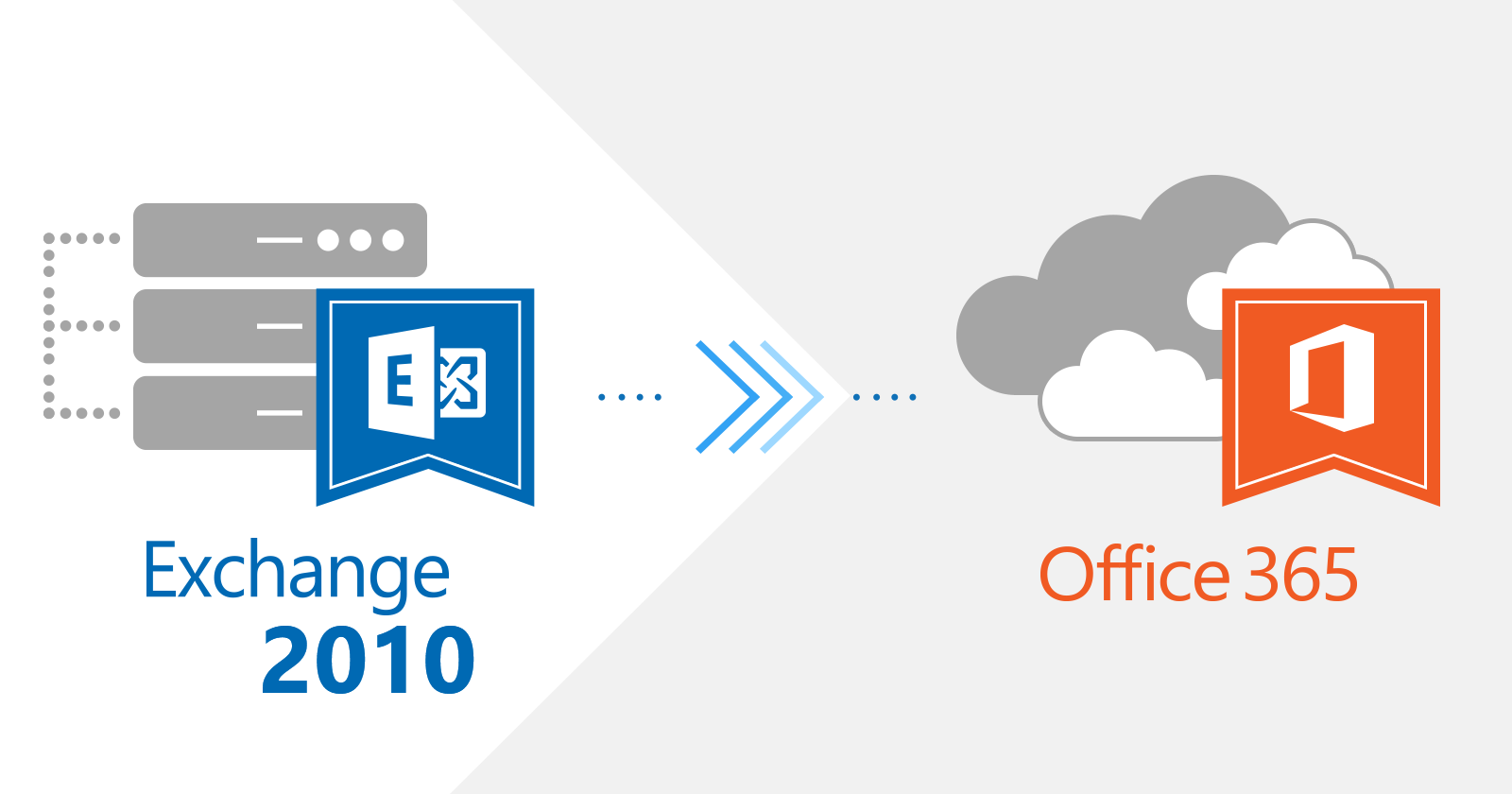Allied health remains a key component of America’s healthcare system. As of 2022, the sector boasts over 5 million allied care professionals.
But while this vast network of medical practitioners certainly plays an important role in helping patients to recover from illness and injury, they face many challenges in providing the highest level of care. One such challenge is case management.
The sheer diversity of providers and settings makes it difficult to track treatments, medications, services, and other essential patient information. One way to solve this challenge is through case management software.
In today’s blog, we outline seven ways the best case management software can improve your practice.
-
Improved Communication
When it comes to health care, communication is key. Medical professionals need to be able to share information quickly and easily.
Case management software provides a central repository for patient information. This means that all members of the care team can access the same data, making it easier to coordinate care and avoid duplication of services.
In addition, the software can help to streamline communication by automating tasks. Some of these tasks include appointment scheduling and prescription renewals. For more information on how this happens, go to iinsight.biz.
-
Better Documentation
Good documentation is a critical part of providing quality allied health care. Case management software can be a real lifesaver for professionals. It can help to ensure that documentation is accurate and complete.
The software provides a clear and concise way to document patient care. This makes it easy to track progress and follow best practices. Perhaps best of all, the software eliminates the need for paper records, which can be easily lost or damaged.
With the right software, allied health professionals can rest assured that their documentation is accurate and up to date.
-
Easier Patient Management
Good patient management is crucial for any allied health professional. It helps to ensure that patients receive the best possible care and that they are able to stay on track with their treatment plans.
Case management software can make patient management easier in a number of ways. First, it gives professionals quick and easy access to patient records. This means that they can easily track progress and make changes to treatment plans as needed.
Second, the software can help to automate repetitive tasks. These include such as scheduling appointments and sending reminders. In doing so, the tool frees up time that can be better spent on other tasks, such as developing individualized care plans.
Finally, case management software can help to create a more efficient workflow. It does so by providing clear guidance on the next steps and deadlines.
-
Reduced Costs
Case management services can streamline processes and automate tasks. For example, the software can automate appointments, referrals, and billing. This way, you don’t have to hire more personnel to handle these tasks.
In addition, case management software can help you reduce administrative costs. It can eliminate the need for paper records and other manual processes.
With a reliable case management company, you can track patient progress and identify areas where cost savings can be made. For example, if a patient is not responding well to treatment, the software can alert the care team so that they can make changes to the care plan.
-
Increased Reimbursements
When it comes to reimbursement, every penny counts. Case management software can help boost your reimbursements. It makes it easier to track billable hours and documentation.
With all the information in one place, caseworkers can quickly see which services have been rendered and for how long. This eliminates the need for manual tracking and reduces the chances of missed charges.
Moreover, detailed documentation can help to support higher reimbursement rates. When billing agencies have a clear picture of the services provided, they are more likely to approve increased rates.
-
Better Compliance
In the allied health industry, legal compliance is essential. But with so many laws and regulations to keep track of, it’s easy for things to fall through the cracks. However, case management software can help to ensure that all legal requirements are met.
The software can be customized to track specific laws and regulations, and it can generate reports to show which areas need attention. Besides, it can help protect private healthcare data.
Furthermore, the software can be used to create good case management practices and policies. These policies help ensure compliance in the future.
-
Greater Patient Satisfaction
Patient satisfaction is a key metric in the allied health industry. Happy patients are more likely to return and recommend your services to others.
Case management software can be a real game-changer in the patient satisfaction arena. By automating key tasks and processes, the software frees up clinicians to spend more time with patients. This extra time can be used to get to know patients on a personal level, building trust and rapport.
The software can also help ensure that all of a patient’s needs are being met in a timely and efficient manner. As a result, patients are more likely to be satisfied with their care experience.
In turn, this can lead to better clinical outcomes and improved client retention rates.
Achieve More With Case Management Software
In an increasingly hectic sector, allied health professionals need all the help they can get. Case management software can help provide this help. With its intuitive interface and customizable functionality, case management software can help streamline processes and improve communication among healthcare providers.
Did you enjoy reading this article? Keep visiting our blog for more exciting content.





Be First to Comment